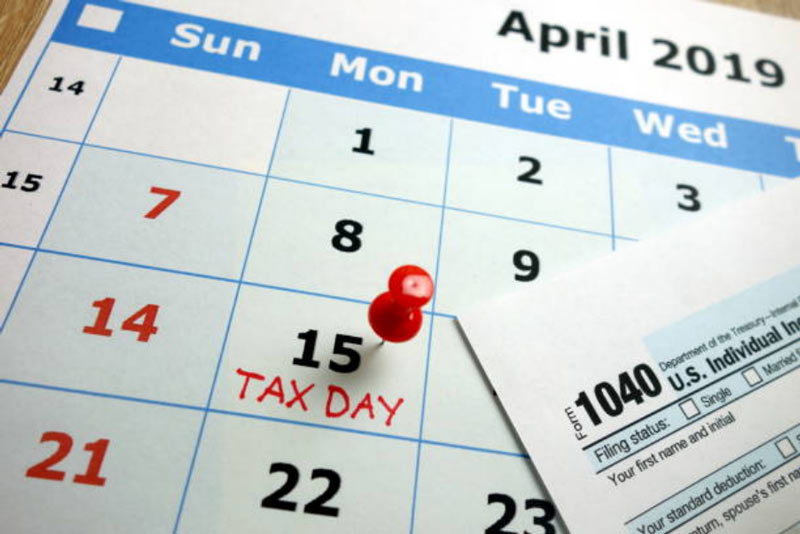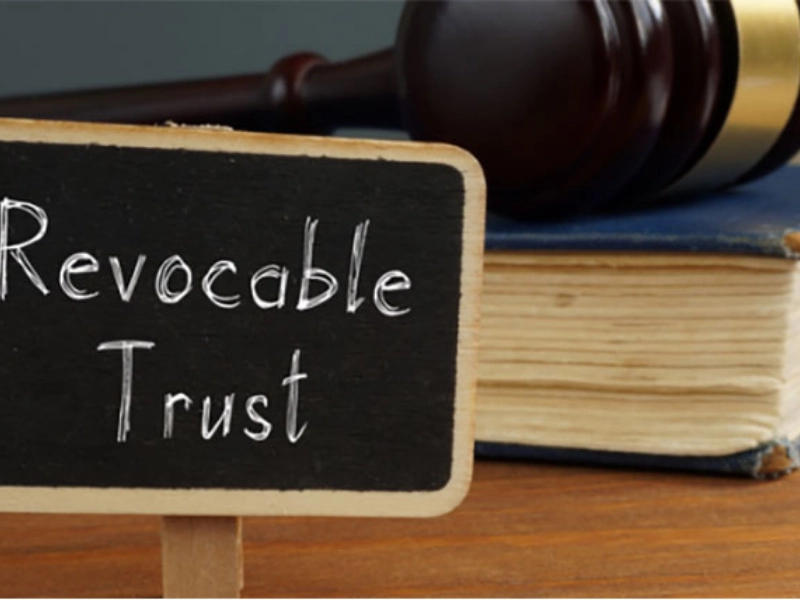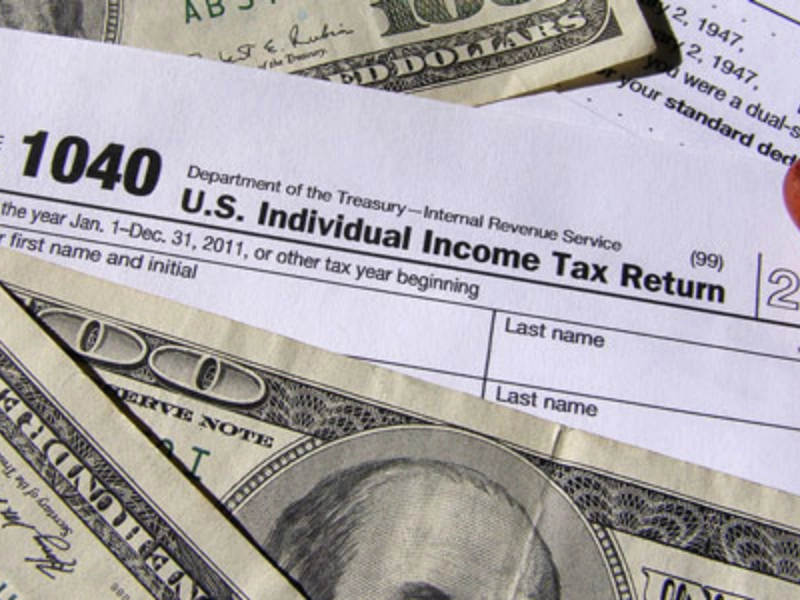When Is The Tax Deadline?
Tax season is upon us, and we must ensure you get all the deadlines. Knowing when taxes are due, determining what forms you'll need, and gathering all your necessary information can be intimidating, but it doesn't have to be. We'll cover everything you need to know about filing your taxes on time, including which paperwork should be completed by when to make the process easier. We'll provide tips for maximizing deductions and explain how different forms affect your deadlines so you can properly prepare yourself for tax day. So if you're feeling overwhelmed by the thought of tackling 1040s or W-2s this year, read on: You've got this.
What Is The Tax Deadline

When Are Estimated Taxes Deadline?
 Estimated taxes are due quarterly throughout the year, typically on April 15th, June 15th, September 15th, and January 15th of the following year. The amount due for estimated taxes can be determined using the "Safe Harbor Method" or "Annualized Income Installment Method." Depending on which method you choose to use, your estimated tax payments will vary.
It's important to remember that if you do not pay these estimated taxes before their respective deadlines, you will be subject to penalties and interest charges from the IRS.
Remember that all taxpayers have different filing requirements and obligations depending on their situation. Consult a qualified tax expert or accountant to ensure you meet all applicable deadlines and file your taxes correctly.
Estimated taxes are due quarterly throughout the year, typically on April 15th, June 15th, September 15th, and January 15th of the following year. The amount due for estimated taxes can be determined using the "Safe Harbor Method" or "Annualized Income Installment Method." Depending on which method you choose to use, your estimated tax payments will vary.
It's important to remember that if you do not pay these estimated taxes before their respective deadlines, you will be subject to penalties and interest charges from the IRS.
Remember that all taxpayers have different filing requirements and obligations depending on their situation. Consult a qualified tax expert or accountant to ensure you meet all applicable deadlines and file your taxes correctly.
Standard Tax Deadlines
Standard tax deadlines may vary depending on what type of taxpayer you are and whether or not you're filing a return for an organizational entity such as a corporation or partnership. Generally speaking:
- Individuals filing a 1040 form must typically file by April 15th.
- Corporations filing Form 1120 must file their returns by the 15th day of the fourth month after the end of their taxable year (typically March 15th).
- Partnerships filing Form 1065 must generally file their returns by the 15th day of the third for businesses with a December 31st end of the year.
- Estates and trusts filing Form 1041 must typically file by April 15th or the 15th day of the fourth month after the end of their taxable year, whichever is later.
It's important to remember that these are general deadlines - consult your tax professional for more information on specific filing requirements for your situation. Filing taxes can be daunting, but understanding when taxes are due and what forms you'll need can help make the process smoother. Ensure you know all necessary deadlines and gather all required paperwork so you don't get caught off guard at the last minute.
What Happens if I Miss the Tax Deadline?
If you fail to file your taxes by the deadline, you risk paying the IRS various penalties and interest. The penalty for filing late is generally 5% of the amount owed per month, up to a maximum of 25%. Interest will start accruing on unpaid taxes at a rate of 6% compounded daily. The IRS does offer tax extensions in certain cases, which will buy taxpayers an additional six months to submit their returns without incurring a late-filing penalty. However, any taxes owed must still be paid by April 15th, or interest will begin accumulating from that date forward, regardless of whether an extension was granted. It's also important to note that missing the tax deadline may result in more than just financial penalties. Some states require taxpayers to submit their returns to receive certain benefits, such as unemployment and disability payments. So ensure you file on time to avoid potential repercussions from state or federal agencies. Tax season can be stressful for many people, but understanding the deadlines and preparing ahead can help make it easier. Consult a qualified tax expert if you have questions about when taxes are due or how different forms may affect your filing requirements.
Tips for Making the Most of the Tax Deadline
The most important tip to remember when filing taxes is to start early and be proactive.
- Have all your paperwork in order: Gather together any W-2s, 1099s, and other documents related to your finances before you begin filing. This will make the process much easier and faster.
- Please take advantage of deductions: Ensure you understand your eligible deductions and take full advantage of them when filing your return.
- Choose direct deposit: Opting for direct deposit instead of a paper check can help speed up the refund process significantly, so be sure to choose this option if it's available.
- File electronically: Filing electronically is the fastest way to process your refund and reduce errors that could delay its arrival or result in additional tax penalties.
- Use tax preparation software: Tax preparation software like TurboTax or H&''R Block can simplify the filing process, especially for those new to taxes.
- Be sure to complete your return at the last minute: Filing your return at the last minute increases the chances of mistakes, which could result in additional penalties and interest charges from the IRS. Be sure to get started early to double-check everything before submitting your return.
Filing taxes can be complicated, but understanding when taxes are due and preparing ahead can help reduce stress and make it easier. With these tips, you can maximize the tax deadline and ensure your return is filed accurately and on time.
FAQS
How many types of tax years are there?
There are two types of tax years: calendar year and fiscal year. A calendar year runs from January 1st through December 31st, while a fiscal year runs for 12 months but can start on any date between January 1st and December 31st.
Do Federal and State Taxes Have the Same Due Date?
Federal and state taxes sometimes have different due dates. The deadline for filing federal income tax returns is typically April 15th of each year, while the deadline for filing state taxes may vary depending on the state in which you reside. Review your state's regulations for more information on when your tax return is due.
What Happens if I Owe Taxes on April 15th?
If you owe taxes on April 15th, you must still pay the amount due by that date to avoid late fees or penalties. If you can't pay the full amount owed, you can set up a payment plan with the IRS to cover the remaining balance over time. You can also file for an extension if you need more time to come up with the money to pay your taxes.
Conclusion
Now that you better understand the tax deadline, it's important to act quickly and sort your taxes out in the next few weeks. If you feel overwhelmed, having a professional help guide you through this process is always worthwhile. Check with your local accountant or financial advisor as soon as possible, especially if the filing date is approaching.








